
Kód: 04034924
Language: A Biological Model
Autor Ruth Garrett Millikan
Guiding the work of most linguists and philosophers of language today is the assumption that language is governed by prescriptive normative rules. Many believe that it is of the essence of thought itself to follow rules, rules of ... celý popis
- Jazyk:
 Angličtina
Angličtina - Vazba: Brožovaná
- Počet stran: 240
Nakladatelství: Oxford University Press, 2005
- Více informací o knize

Mohlo by se vám také líbit
-

Anne of Green Gables
202 Kč -
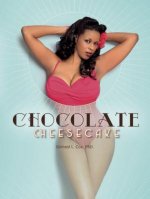
Chocolate Cheesecake: Celebrating the Modern Black Pin-up
1070 Kč -

Otter Tales
387 Kč -
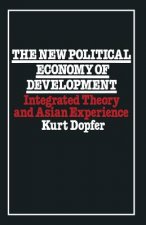
New Political Economy of Development
1830 Kč -

Biofuels and the Globalization of Risk
1121 Kč -

Torn
371 Kč -

Muse: Emily Grey
833 Kč
Dárkový poukaz: Radost zaručena
- Darujte poukaz v libovolné hodnotě a my se postaráme o zbytek.
- Poukaz se vztahuje na celou naši nabídku.
- Elektronický poukaz vytisknete z e-mailu a můžete ihned darovat.
- Platnost poukazu je 12 měsíců od data vystavení.
Více informací o knize Language: A Biological Model
Nákupem získáte 187 bodů
 Anotace knihy
Anotace knihy
Guiding the work of most linguists and philosophers of language today is the assumption that language is governed by prescriptive normative rules. Many believe that it is of the essence of thought itself to follow rules, rules of inference determining the intentional contents of our concepts, and that these rules originate as internalized rules of language. However, exactly what it is for there to be such things as normative rules of language remains distressingly unclear. From what source do these norms flow? What sanctions enforce them? What happens, exactly, if you don't follow the rules? How do children learn the rules? Ruth Millikan presents a radicallly different way of viewing the partial regularities that language displays, the norms and conventions of language. The central norms applying to language, like those norms of function and behavior that account for the survival and proliferation of biological traits, are non-evaluative norms. Specific linguistic forms survive and are reproduced together with co-operative hearer responses because, in a critical mass of cases, these patterns of production and response benefit both speakers and hearers.Conformity is needed only often enough to ensure that the co-operative use constituting the norm - the convention - continues to be copied and hence continues to characterize some interactions of some speaker-hearer pairs. What needs to be reproduced for discursive language forms to survive, it turns out, is not specific conceptual roles but only satisfaction conditions coupled to essential elements of hearer responses. An uncompromising rejection of conceptual analysis as a tool in philosophy results. At the same time the distinction between the propositional content and the force of a linguistic utterance comes into very sharp focus, force emerging as essential to the creation of content rather than as something added to content. The distinction between illocutionary and perlocutionary force, the distinction between linguistic meaning and speaker meaning, and the semantics/pragmatics distinction are each illuminated in new and crisper ways. On the model proposed, neither the intentionality of thought nor the intentionality of language is derived from the other.Processes involved in understanding language are not Gricean but more like direct perception of the world as mediated, for example, through the natural signs contained in the structured light that allows vision. There are also startling implications for pragmatics, and for how children learn language.
 Parametry knihy
Parametry knihy
Zařazení knihy Knihy v angličtině Language linguistics Philosophy of language
1866 Kč
- Plný název: Language: A Biological Model
- Autor: Ruth Garrett Millikan
- Jazyk:
 Angličtina
Angličtina - Vazba: Brožovaná
- Počet stran: 240
- EAN: 9780199284771
- ISBN: 0199284776
- ID: 04034924
- Nakladatelství: Oxford University Press
- Hmotnost: 310 g
- Rozměry: 215 × 139 × 13 mm
- Datum vydání: 18. August 2005
Oblíbené z jiného soudku
-
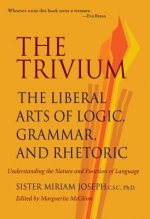
Trivium
515 Kč -
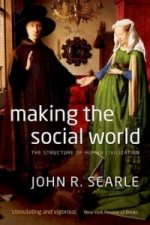
Making the Social World
303 Kč -
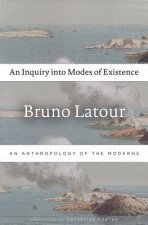
Inquiry into Modes of Existence
903 Kč -
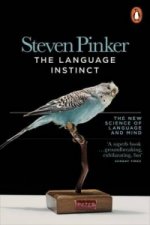
Language Instinct
357 Kč -
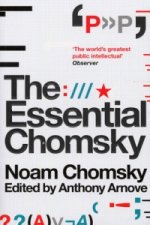
Essential Chomsky
544 Kč -

Practice Makes Perfect English Articles and Determiners Up Close
333 Kč -
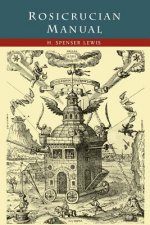
Rosicrucian Manual
389 Kč -

Making It Explicit
1360 Kč -
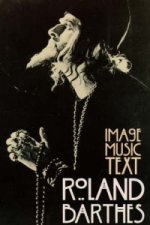
Image Music Text
276 Kč -
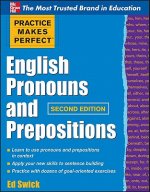
Practice Makes Perfect English Pronouns and Prepositions, Second Edition
374 Kč -

Constructing the World
2059 Kč -
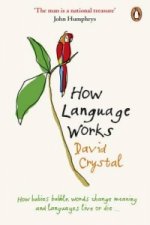
How Language Works
357 Kč -
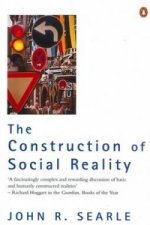
Construction of Social Reality
357 Kč -
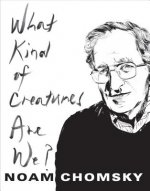
What Kind of Creatures Are We?
360 Kč -
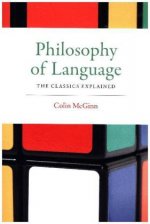
Philosophy of Language
1034 Kč -
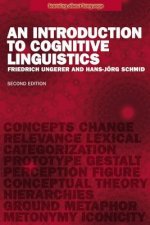
Introduction to Cognitive Linguistics
2305 Kč -
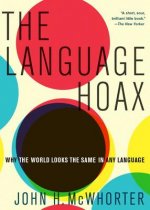
Language Hoax
366 Kč -
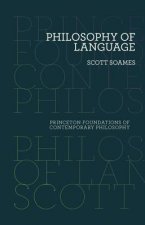
Philosophy of Language
659 Kč -
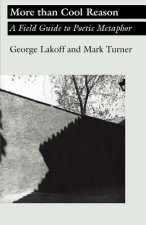
More than Cool Reason
852 Kč -
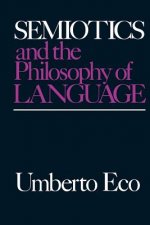
Semiotics and the Philosophy of Language
627 Kč -
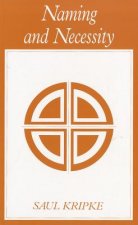
Naming and Necessity
697 Kč -

Latin
785 Kč -
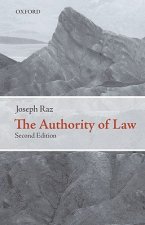
Authority of Law
1353 Kč -
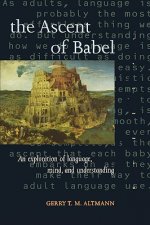
Ascent of Babel
2493 Kč -
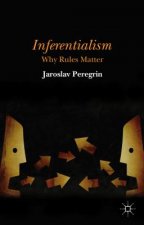
Inferentialism
4204 Kč -

Process Philosophy of Signs
853 Kč -
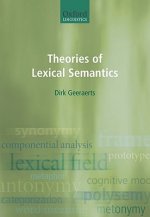
Theories of Lexical Semantics
1584 Kč -
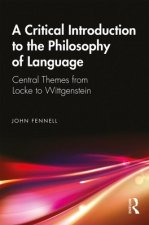
Critical Introduction to the Philosophy of Language
1611 Kč -
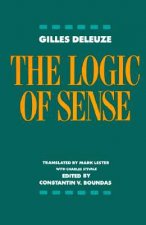
Logic of Sense
633 Kč -
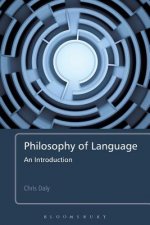
Philosophy of Language
1514 Kč -
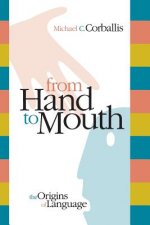
From Hand to Mouth
1185 Kč -
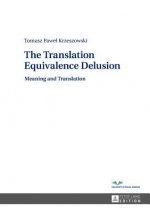
Translation Equivalence Delusion
2730 Kč -
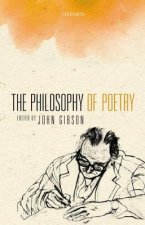
Philosophy of Poetry
3022 Kč -
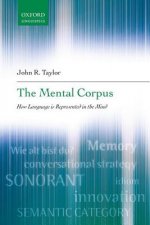
Mental Corpus
1526 Kč -
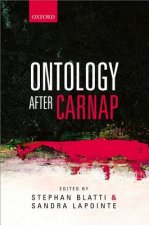
Ontology after Carnap
2996 Kč -

How to Do Things with Words
1515 Kč -
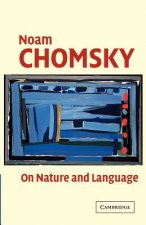
On Nature and Language
1488 Kč -
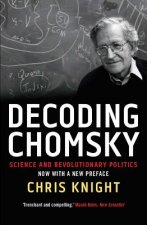
Decoding Chomsky
291 Kč -
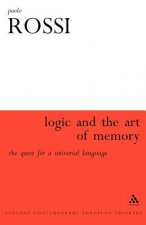
Logic and the Art of Memory
3635 Kč -
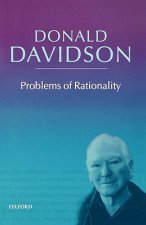
Problems of Rationality
1709 Kč -

Practice Makes Perfect English Verb Tenses Up Close
500 Kč -
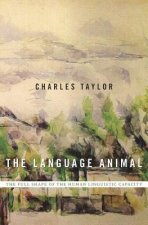
Language Animal
966 Kč -
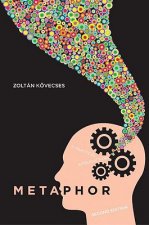
Metaphor
1332 Kč -
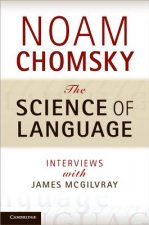
Science of Language
910 Kč -
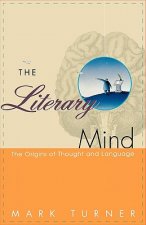
Literary Mind
736 Kč -
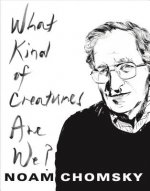
What Kind of Creatures Are We?
554 Kč -
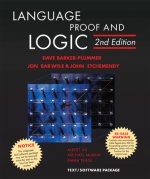
Language, Proof, and Logic
2343 Kč -
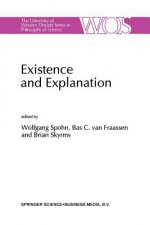
Existence and Explanation
5094 Kč -
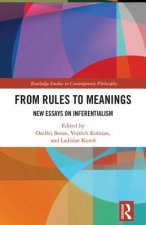
From Rules to Meanings
5564 Kč
Osobní odběr Praha, Brno a 12903 dalších
Copyright ©2008-24 nejlevnejsi-knihy.cz Všechna práva vyhrazenaSoukromíCookies



 Vrácení do měsíce
Vrácení do měsíce 571 999 099 (8-15.30h)
571 999 099 (8-15.30h)